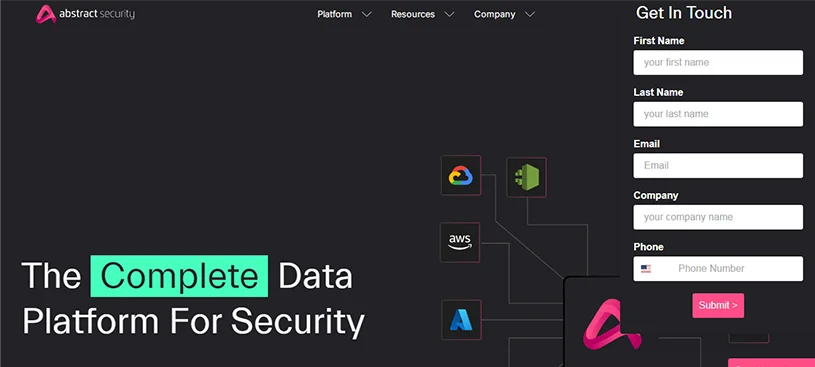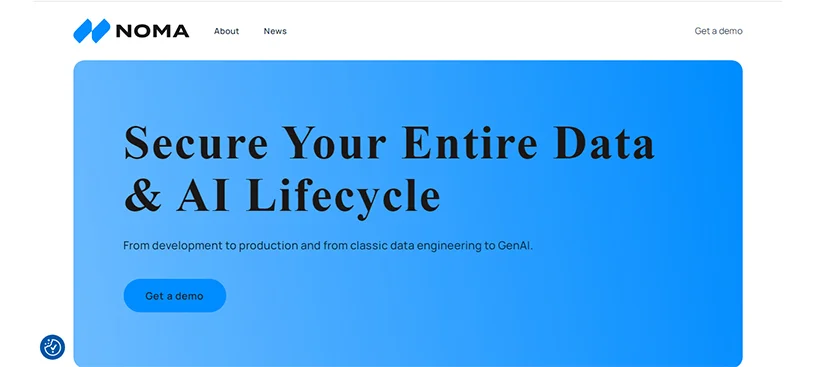Some entrepreneurs bootstrap their ventures using personal savings, while many early-stage startups seek funding from external sources. Fortunately, there are numerous funding opportunities available for startups, including “Series” funding such as series A, B, and C funding.
Series A funding is the first significant round of venture capital financing for a startup. It typically occurs after seed funding, once the company has proven its concept, has some traction in the market, and is looking to scale its operations.
Investors in Series A rounds usually receive equity in the company and have a say in major business decisions, while the startup gains financial support and strategic guidance to grow and reach profitability.
Understanding how to secure series A funding is crucial, especially since 30% of startups fail due to insufficient capital. In this guide, we will explore what exactly series A funding is, how it operates, when should startups start series A funding, and what are the top Series A funded startups.
Let’s start with understanding what series A funding is.
What is Series A funding in startups?
Series A funding represents the next phase of financing after the seed stage. Startups at this point seek larger investments to refine their product or service, grow their team, and expand their customer base. The primary sources of Series A funding are venture capital firms and angel investors.
Securing Series A funding can provide the capital needed to scale your startup effectively. However, attracting investors requires more than a compelling pitch. You will need to present an effective business plan, demonstrate market traction, and provide evidence of your startup’s potential for long-term success.
To better grasp the importance of Series A startup funding, let’s delve into the mechanics of how a Series A round operates.
How Does a Series A Round Work?
When your startup is ready for series A funding, the process begins with identifying potential investors, such as venture capitalists and angel investors. You will need to prepare a strong business plan that highlights your vision, market potential, and growth strategy.
Once you have identified suitable investors, you will pitch your startup and negotiate the terms of the investment. This includes the funding amount, the percentage of equity offered in return, and any additional terms or conditions.
After reaching an agreement, investors will provide the capital, which you can use to execute your growth plan. This may involve enhancing your product or service, scaling your team, and expanding your customer base. Regular updates on your progress and performance will help maintain investor confidence and alignment with your goals.
Understanding how a series A round works is essential, but knowing the right time to start it is equally important for a startup’s success.
When Should Startups Start Series A Funding?
Determining the right time to seek Series A funding is a difficult decision for startup leaders. Typically, it’s best to pursue this round once you have achieved early success and can present a clear vision for your startup’s growth.
Starting too early may lead to rejection if investors perceive insufficient growth potential. Similarly, waiting too long could result in missed opportunities for scaling your business. Striking the right balance requires strategic planning and careful evaluation of your startup’s progress to start series A funding.
Looking for a trusted software development partner to power your startup? Let us help you!
Let’s have a look at the list of series A startups that successfully secured this investment round to gain valuable insights.
1. Bifrost AI

Bifrost AI is one of the recently funded series A startups specializing in the generation of synthetic 3D datasets for training and validating artificial intelligence and robotics systems. Their platform enables the creation of realistic 3D environments, allowing AI models to learn and adapt to various scenarios without the need for real-world data collection.
By leveraging their technology, companies can accelerate AI development, enhance model performance, and reduce reliance on manual data labeling. This approach is particularly beneficial for industries such as maritime, geospatial, robotics, and industrial sectors, where training AI models in diverse and complex environments is essential.
In October 2024, Bifrost AI secured $8 million in Series A funding to further advance its platform and meet the growing demand for AI training solutions.
2. Browserbase

Browserbase is one of the series A funding companies that provides a platform for automating complex web development tasks using headless browsers. Their infrastructure enables developers to run, manage, and monitor headless browsers at scale, facilitating tasks such as web scraping, workflow automation, and AI agent operations.
In November 2024, Browserbase secured $21 million in Series A funding, co-led by CRV and Kleiner Perkins, to expand its team and enhance its platform. Additionally, Browserbase introduced Stagehand, an open-source framework designed to simplify web automation by converting natural language inputs into browser automation code.
3. Abstract Security

Abstract Security is a tech startup with series A funding. It is a cybersecurity startup that has developed an AI-powered platform to enhance security operations. Their solution centralizes security analytics, enabling real-time data correlation between streams and effectively separating compliance data from security data. This approach improves threat detection effectiveness and reduces operational costs.
In June 2024, Abstract Security announced the general availability of its platform, which offers advanced analytics and correlation, optimized storage, and security pipelines. These features help security analysts navigate complex data pipelines, increase security effectiveness, and lower costs.
In October 2024, the company secured $15 million in Series A funding to further enhance its platform and expand its market presence.
4. Citrea

Citrea is a blockchain-based successful series A startup example that focuses on enhancing Bitcoin’s scalability and functionality through zero-knowledge (ZK) roll-up technology. By integrating a ZK-Ethereum Virtual Machine (zkEVM), Citrea enables the execution of complex smart contracts on the Bitcoin network, transforming it from a passive store of value into an active, programmable asset.
In February 2024, Citrea emerged from stealth mode, introducing its ZK roll-up solution designed to expand Bitcoin’s capabilities without compromising its security or decentralization. This innovation allows developers to build a wide range of decentralized applications (dApps) directly on Bitcoin, utilizing its robust security features.
In October 2024, Citrea secured $14 million in Series A funding to further develop its platform and broaden Bitcoin’s utility. This investment aims to support the creation of a programmable liquidity layer on Bitcoin, facilitating activities such as trustless BTC purchases, leveraging, lending, and borrowing.
5. Noma

Noma is one of the best series A startups to watch in 2025. It is a cybersecurity startup specializing in securing the entire Data and AI lifecycle, from development to production. Their platform addresses significant blind spots within application security (AppSec) teams concerning data and AI processes.
Noma offers comprehensive security measures within data supply chains, MLOps, and open-source components, enhancing visibility across AI applications and improving security postures while ensuring compliance with emerging regulations. The platform enables organizations to proactively identify, prevent, and mitigate vulnerabilities and risks associated with AI without disrupting day-to-day workflows.
In October 2024, Noma emerged from stealth mode and announced $32 million in funding to enhance its end-to-end AI security platform and expand its customer base.
How Clustox Can Help Secure Series A Funding for Your Startup?
Series A funding is a game-changer for startups aiming to scale their operations. With this capital, you will have the resources to grow your team, innovate with new products or services, and increase your marketing efforts. Additionally, it helps to build trust in the market and lay a solid foundation for future investment opportunities.
As a tech startup, securing substantial funding is crucial, but finding a skilled development team is also necessary to transform your product vision into reality.
Bringing on a development team early in your startup journey can be an expensive investment. Additionally, as an entrepreneur, it’s essential to manage your budget and funding efficiently.
Clustox can help overcome these challenges by offering cost-effective solutions and providing access to experienced development professionals. By partnering with Clustox, you can scale your team quickly without the high overhead costs, ensuring that your resources are focused where they matter most.
Additionally, Clustox allows you to focus on innovation while our experts handle the technical and development aspects. So, reach out to us today to learn more about how we can support your startup’s growth!










Leave a Reply